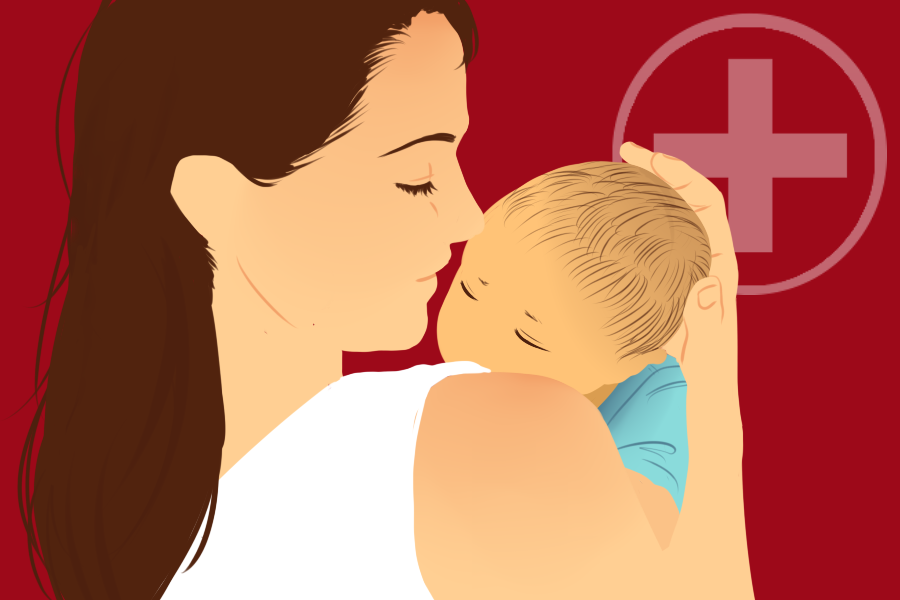
New research shows that prenatal stress promotes developmental plasticity
Research by experts at UC Davis, through the behavior of prairie voles, challenges earlier beliefs that prenatal stress is the sole factor in children’s health and development. This research shows that, contrary to popular belief, the negative impact of prenatal stress can be reduced by the postnatal environment.
“Pluess and Belsky originated the idea that prenatal stress may increase developmental plasticity [or] increased sensitivity to the environment,” said Sarah Hartman, a postdoctoral scholar working with Jay Belsky, a professor of human development, and Karen Bales, a professor in the Department of Psychology. “Although there is some work in humans that support this idea, the studies do not answer the question if prenatal stress actually causes increased developmental plasticity like an experiment would. Furthermore, in human research, the quality of the prenatal environment is often predictive of the early postnatal environment. For example, a mother stressed during pregnancy by situations like an unstable relationship or financial difficulty will likely experience the same challenges following birth. Therefore, it is difficult to tell, in human studies, the effects of the prenatal environment separate from the postnatal ones.”
To combat this issue, the research team conducted experiments in Bales’ lab on 78 prairie voles because they have unique, human-like emotional capabilities. Pregnant mothers were either put into environments that induced prenatal stress or served as the control. The prairie voles in the prenatal stress condition experienced one social stressor per day during the last week of pregnancy and the the voles in the control condition were left undisturbed. The pups were put into the care of either low-quality or high-quality rearing parents, a process called cross-fostering, within 24 hours of birth. The pups were tested for anxious behavior and the stress hormone corticosterone after 75 days.
“Prairie voles are socially monogamous, and adult males display a lot of social behaviors that you don’t see in other lab rodents like rats or mice,” Bales said. “The eventual goal of the study was to look at all of these social behaviors and their relationship to prenatal stress [and the] postnatal environment.”
The voles that experienced prenatal stress and had high-quality rearing were the least anxious, whereas the voles that had low-quality rearing parents were the most anxious. For the voles that didn’t experience prenatal stress, the quality of rearing didn’t matter. This conclusion shows that the prenatal environment plays a big role in the sensitivity a child will have towards the postnatal environment.
“Don’t assume prenatal stress is inherently bad for the child, but appreciate that if a postnatal environment is highly stressful, prenatal stress will undermine healthy development,” said Belsky. “We need to improve postnatal environments given this situation.”
The results of this research will hopefully relieve stress for women who are worried about creating a healthy prenatal environment.
“The results of this study could help ameliorate some of that worry because it points to not all stress being bad for babies,” Hartman said. “In other words, just because a mother may experience some stress during pregnancy doesn’t mean that the baby is now damaged or flawed. In addition, I think the results of the study could also inform intervention work with mothers known to have had a stressful pregnancy. Because prenatally-stressed children might be especially developmentally sensitive, it may be of great benefit to provide resources and programs that would enhance and improve their early environments.”
Written by: Kriti Varghese — science@theaggie.org



